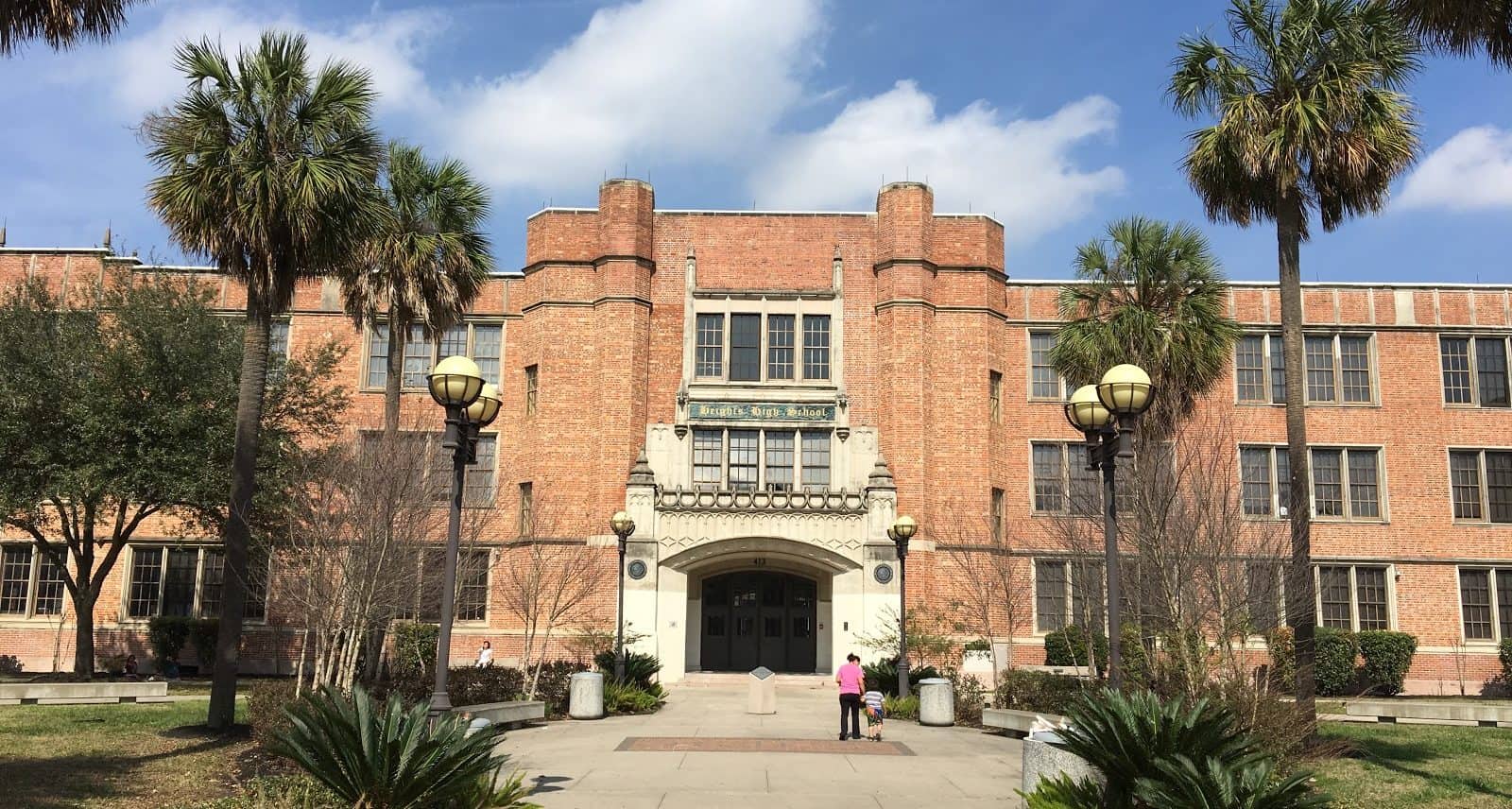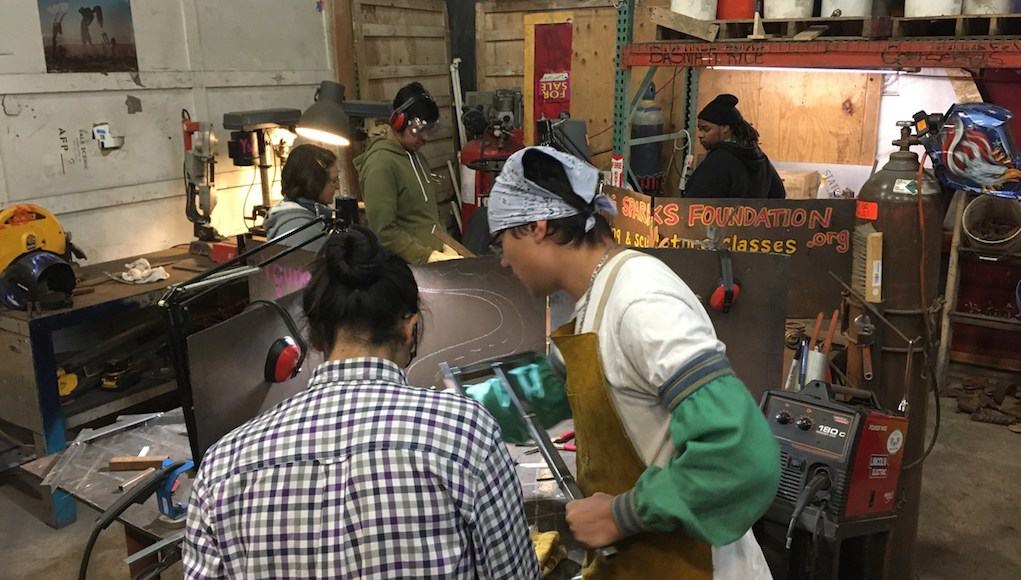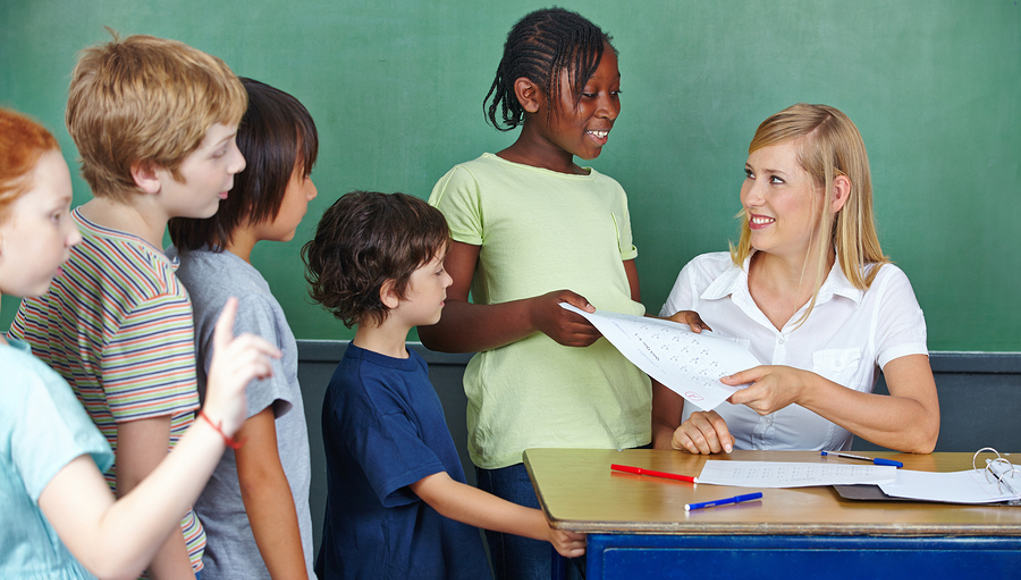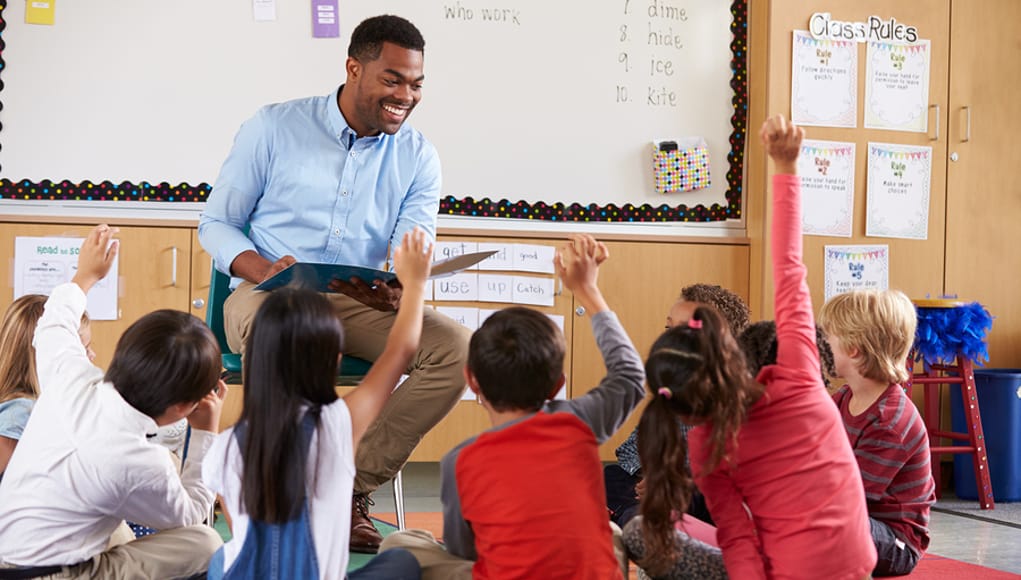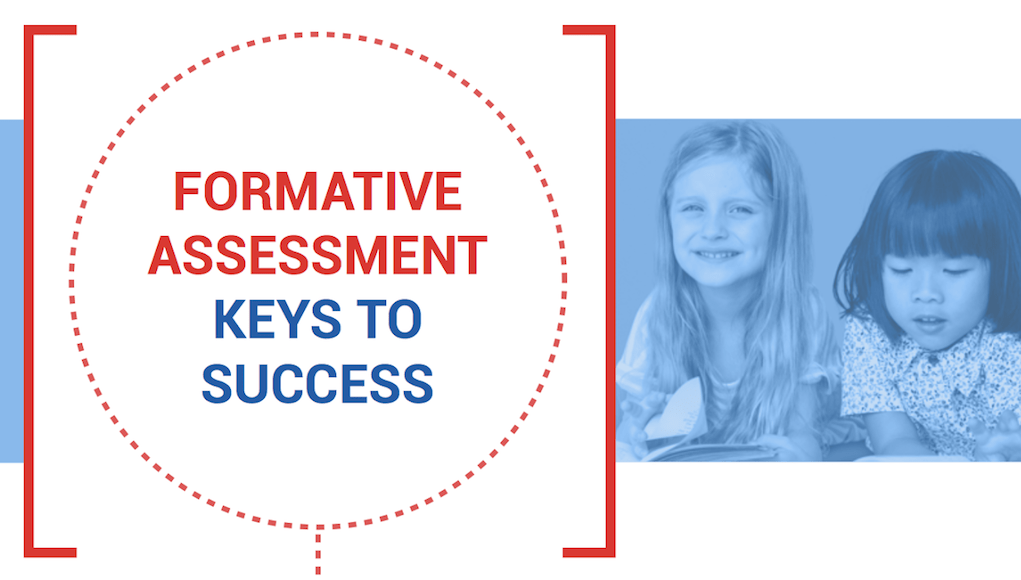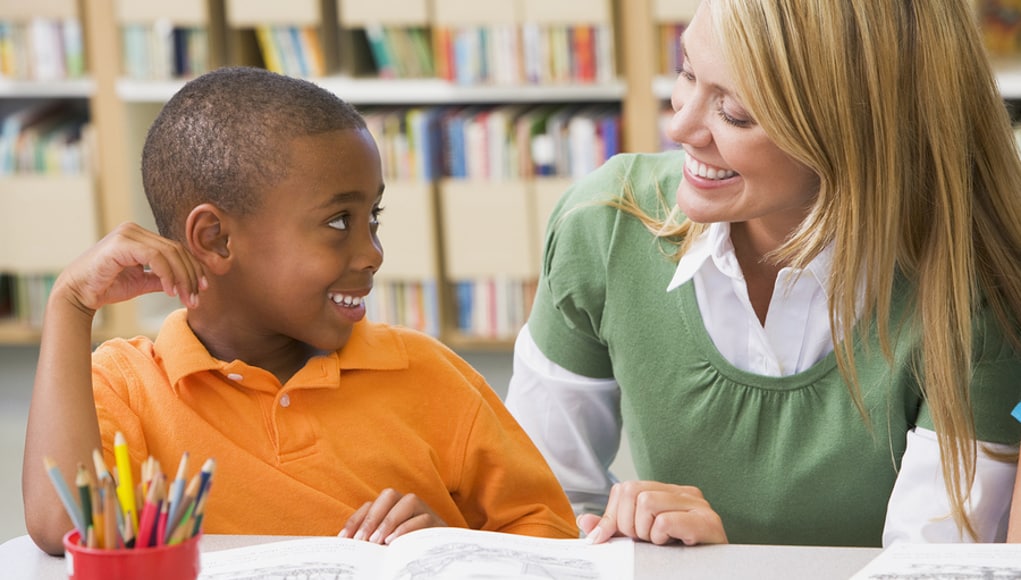Competency-Based Education
Competency-Based Education implies leaving behind the A-F grading scale and designing instruction that includes explicit, measurable, transferable learning objectives to empower students with specificity in their learning and at its best, enables them to move at their own pace (often coupled with personalized learning). It also emphasizes the same departure of other modern pedagogy in that students create knowledge and the ability to use that knowledge going forward. This topic impacts credentialing, mastery and assessment.
Rethinking the High School Credential
Most American youth don’t get what they need from high school. There are lots of reasons, but two root problems are how we’ve defined the finish line and how we communicate success. Here, we look at the current high school credentialing system and the questions we think need to be answered to drive progress.
Credentialing America: How Impact Investing Can Help
For individuals, the right kind of education can boost employability. For communities, educational attainment correlates with better social, economic and personal outcomes for citizens. How can we spread access to high-quality credentials?
A Simple, Free, Powerful Badging System
Badges occupy an interesting space in education. Everybody knows what they are, most people have at least one or two, and they hold a lot of promise for improving education. But they still don't see the widespread use one might expect. Here, we look at a company trying to change that.
Evidence That Makes it Evident: Improving Assessment by Emulating the Trades
By: Elliot Washor and Charles Mojkowski. The expanded vision of the graduate has widened the gap between the competencies educators want for all graduates, and the evidence of competence educators are actually collecting. Here's one way we can begin to change that.
The Future of Testing
Future forms of large-scale assessment will function as integral dimensions of learning itself, rather than interruptions. They’ll both evaluate and reinforce the full array of knowledge and skills required for the success in both academic work and in real life.
How Continuous Feedback Fosters Learning
By: Lindsay Portnoy. When students understand the iterative nature of learning and participate in the collaborative nature of feedback to fuel growth, they are much more likely to come to love learning.
Keys to Success for Formative Assessment: A Professional Learning Guide
In order for formative assessment to be effective, several conditions must be met by and for practitioners. This new guide, designed to be a tool for enhancing formative assessment in an easily sharable and printable format, outlines these conditions.
Taking the Long View on Policies for Competency-Based Education
This new report provides a holistic look at the culture surrounding, and possible improvements for, current efforts to achieve competency-based education. Learn more here.
What The Learning Sciences Tell us about Competency Education
By Bror Saxberg - With automated tools and instructional support, there’s never been a better time to be a “learning engineer.” Here's what data and science have to say about Competency-Based Education.
Model Schools, Districts, Networks and States for Competency-Based Education
We’ve been looking into what schools, districts and networks are doing to achieve effective CBE, and we have assembled this initial list of positive examples.



